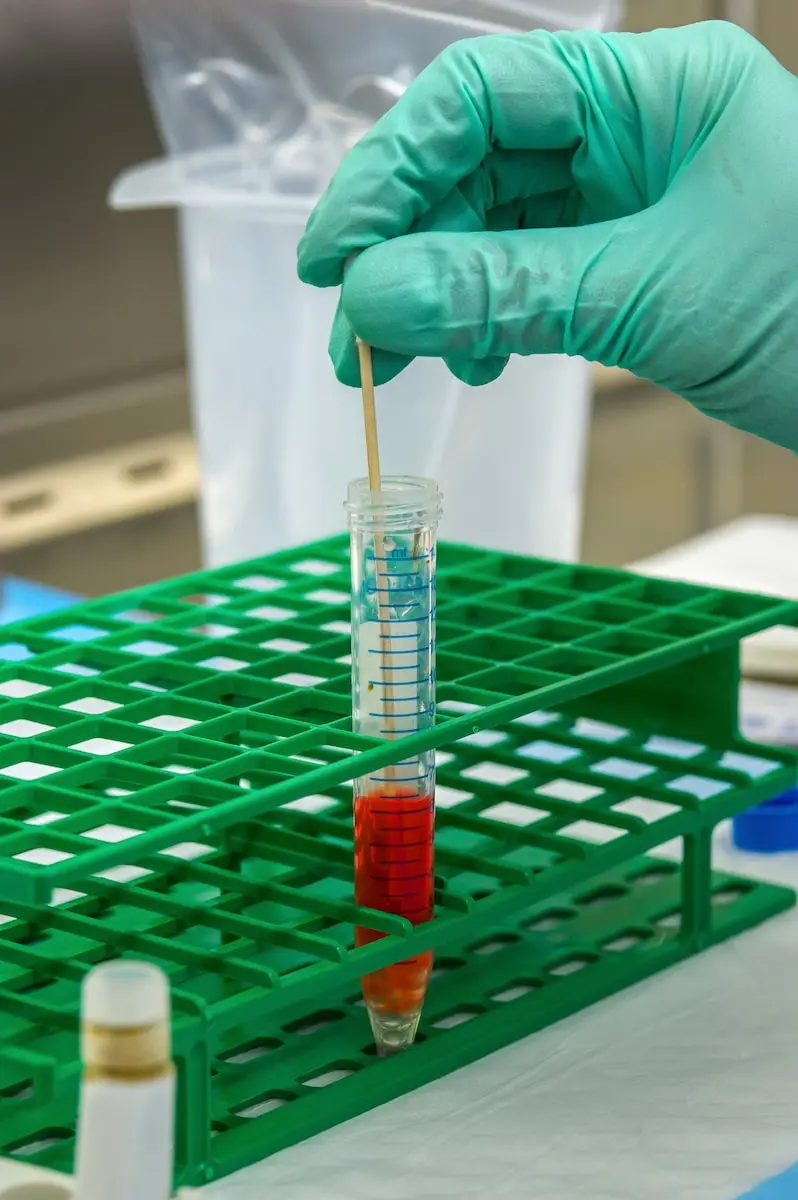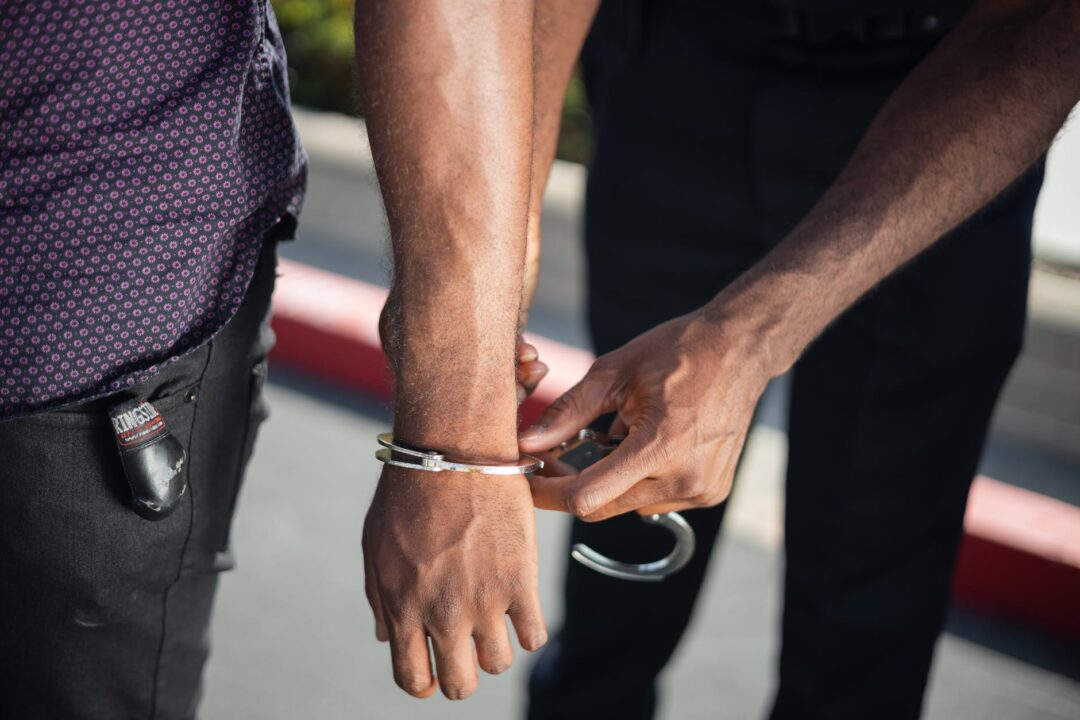Why Miranda Warnings Are Not Necessary at the Start of a DUI Traffic Stop in Georgia
When detained for a suspected DUI (driving under the influence) in Georgia, it’s common to wonder if the officer is required to read Miranda rights. Miranda includes those familiar advisements about the right to remain silent and the right to an attorney. However, the law is clear that police do not always have to give … Read more



